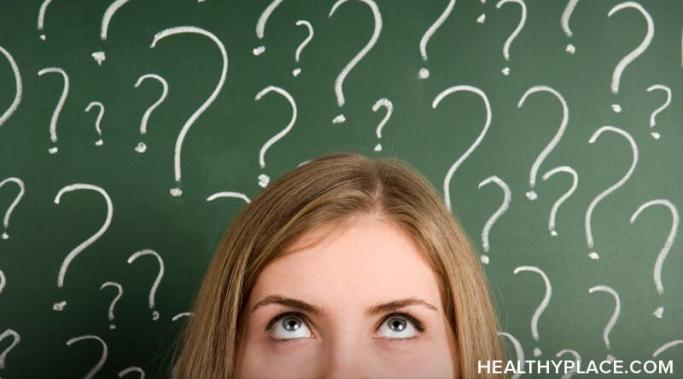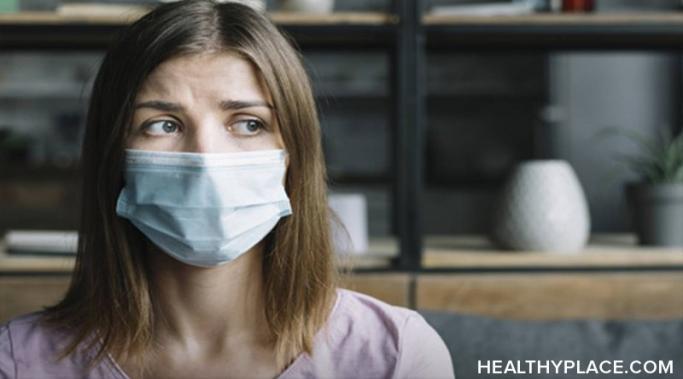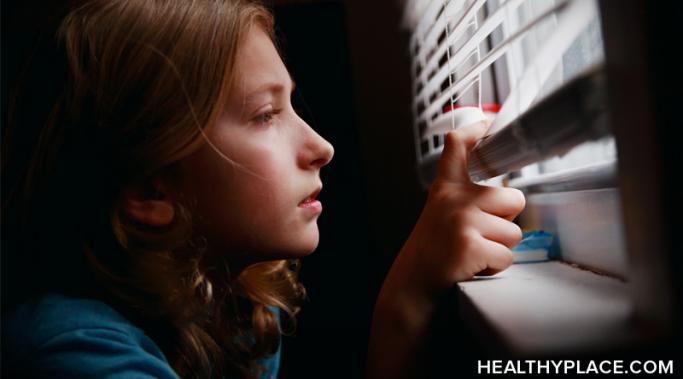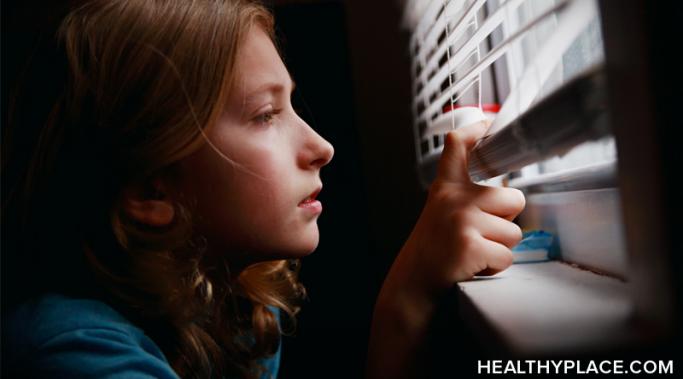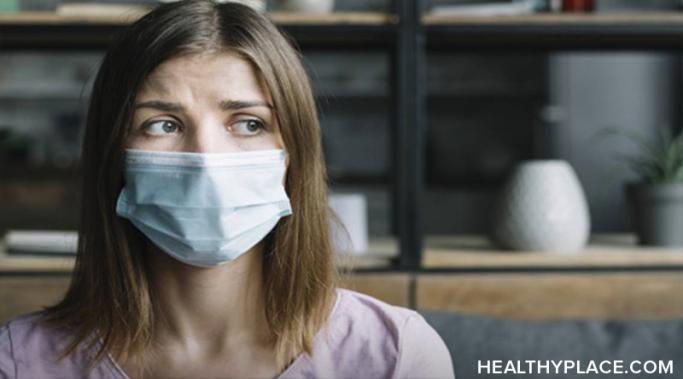Blogs
A common bit of wisdom when it comes to mental illness recovery is that recovery isn't linear. You won't necessarily go from "sick" to "healthy" in a straight line. You will likely have setbacks, backslides, and slip-ups and your journey might look more like "sick," "sicker," "better??" "worse," "functional but still mentally ill." In my experience, this back and forth may continue for years. I can intellectually appreciate that recovery is not a linear process, but emotionally, it often feels like I'm failing.
Self-care for anxious times, such as the changes occurring due to the coronavirus, is so important. Not long ago, I wrote about experiencing anxiety when experiencing change. The current state of affairs in our world due to COVID-19 has been a major change in everyone's lives, and thus, due to these changes and the accompanying uncertainty, has truly impacted my anxiety.
I've kept strong family boundaries in place even as the COVID-19 pandemic upended life as we've known it. Stores are closed, gyms are shut down, and businesses are struggling to get by as communities across the world hunker inside their homes. While the coronavirus probably won't be much of an issue for me as a healthy, 24-year-old woman, I worry about those around me. I think about what would happen if my coaches or my friends with compromised immune systems fell ill. I worry about my sister living alone while her community is shut down. And I worry about my family members catching COVID-19 even though I've had strong family boundaries in place due to their abuse.
This pandemic affects everyone on different levels, but I have learned some lessons from COVID-19. The virus affects us not only physically, but also emotionally. Over the last week, I have found it helpful to write down important lessons that I have learned.
There's been a question on my mind concerning other people's reactions to COVID-19 as it continues to spread and as people continue to respond: am I stigmatizing reactions to COVID-19 (coronavirus)? There has been a wide range of reactions to how the virus is changing how we operate as a society, fear being a huge one. I find myself a bit of an outlier in this, which is where this question I've been thinking about comes from. Allow me to explain.
My COVID-19 experience is anxiety-provoking for me. The past few weeks have gone by in a blur. It's hard to believe just how much the standard of everyday life has changed since then, and I still can't quite believe this is the reality we're living in.
I can’t get my bipolar medication because of coronavirus (COVID-19) and I want to tell you about it. Here's what I've learned about the COVID-19 outbreak and bipolar medication.
Coronavirus (COVID-19) anxiety is a real problem for me and so many others. I keep hearing from people daily about how this anxiety is hurting them. One woman told me she literally shook when she had to leave her apartment. Another mentioned that she has had to almost double her anxiolytic (anti-anxiety) medication just to stay semi-functional. And I admit, COVID-19 anxiety is getting to me too. So here's my number one tip for reducing COVID-19 anxiety.
Recovering addicts are participating in social distancing, like everyone else, as a result of the widespread pandemic, coronavirus, otherwise known as COVID-19. Social distancing has proven to be a necessary measure taken by cities, states, and nations worldwide in order to "flatten the curve" or slow the spread of this highly infectious disease. Effectively slowing down the spread of this pandemic is going to take the willpower and intentionality of every single one of us, but what does social distancing mean for those of us in recovery who greatly depend on addiction-related support groups to maintain our sobriety?
Do self-harm scars ever go away? Let's discuss the answers to that question.
